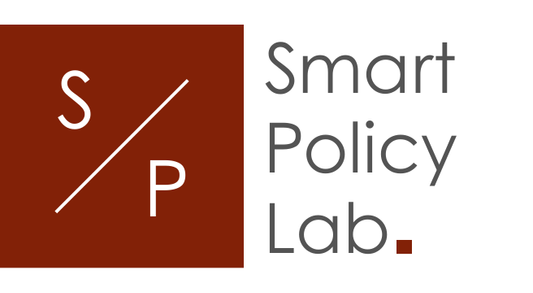There has been a growing awareness lately of the importance of public policy within government organizations in Saudi Arabia. This awareness borne out of the need for a unified framework to help us understand public problems and guide our actions towards resolving them. The recent efforts to build public policy capabilities across government, while uncoordinated, are a good sign of the maturity that government work is experiencing in recent years. That said, however, organizations can easily end up with ineffective policy functions due to the misunderstanding of the nature of public policy or the inefficient institutionalization of the function.
There is a tendency among public leaders to build a dedicated department for public policy. While this may sound like a sensible approach, it is certainly not the most efficient setup. If the organization in question is mandated with setting policies, like virtually all ministries, then policy making should be at the heart of that organization and not the role of a single department. Public policy is not a “specialized” function, like legal departments or economic studies units, but rather a unified framework that guides how the organization understands and addresses public problems that fall within its remit. It consists of concepts and tools that help people within the organization work and communicate effectively. Without it, inconsistencies and miscommunications will arise which will hinder the organization’s ability to deal properly with public affairs. I can compare it to what business development is to a company, except that the government organization is in the business of “Policy Making”.
In my opinion, the only viable reason to create a dedicated public policy department is in organizations where the public policy capabilities are not yet mature. In this case, the department would act as a “catalyst of change” within the organization to instill the culture of policy making, provide necessary training and support key policy projects. Another reason where a dedicated department would make sense is in government organizations that are not mandated with policy making. This includes authorities, commissions and funds whose role is primarily delivering public services. Having a public policy department will help ensure the alignment of these organizations with different public policies and provide information that is valuable for policy monitoring and evaluations.
Originally posted in Linkedin on 23/10/2023


